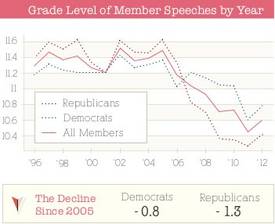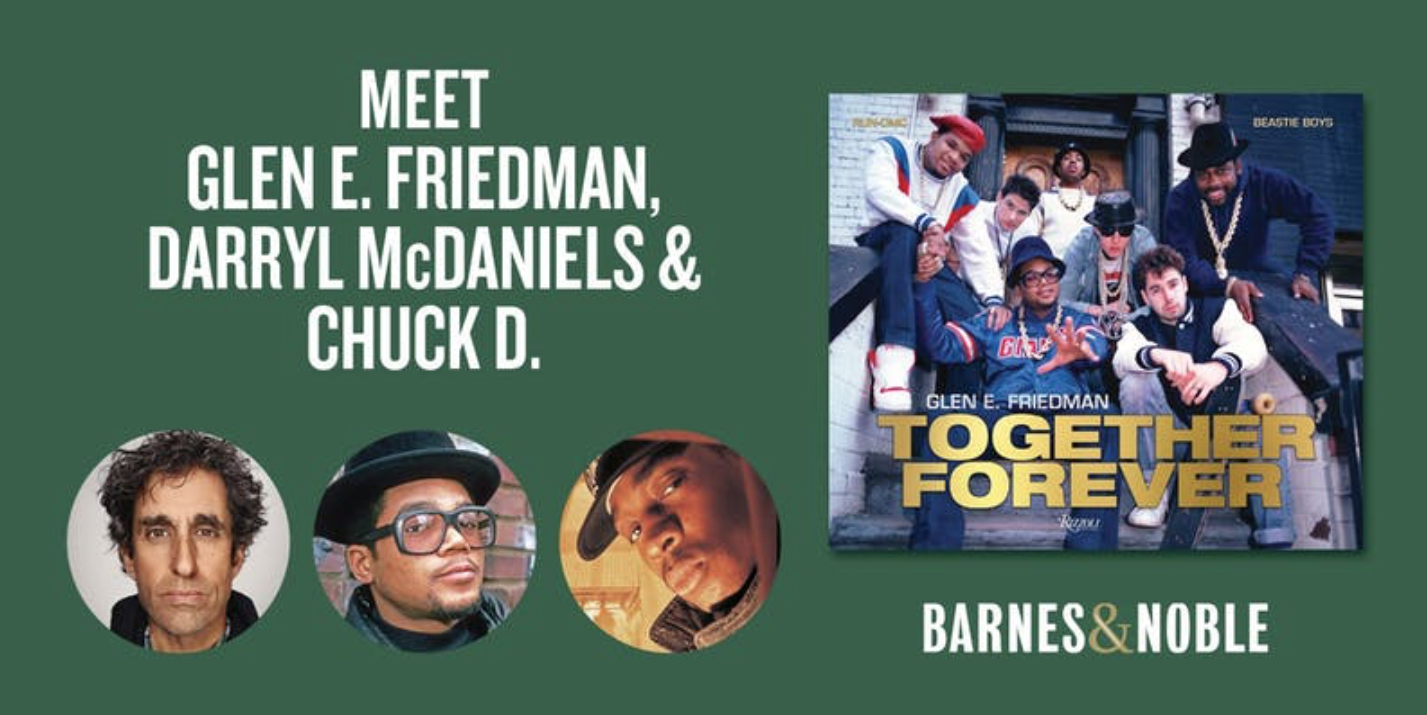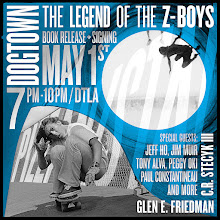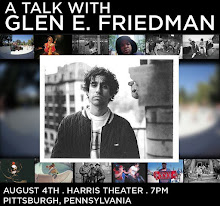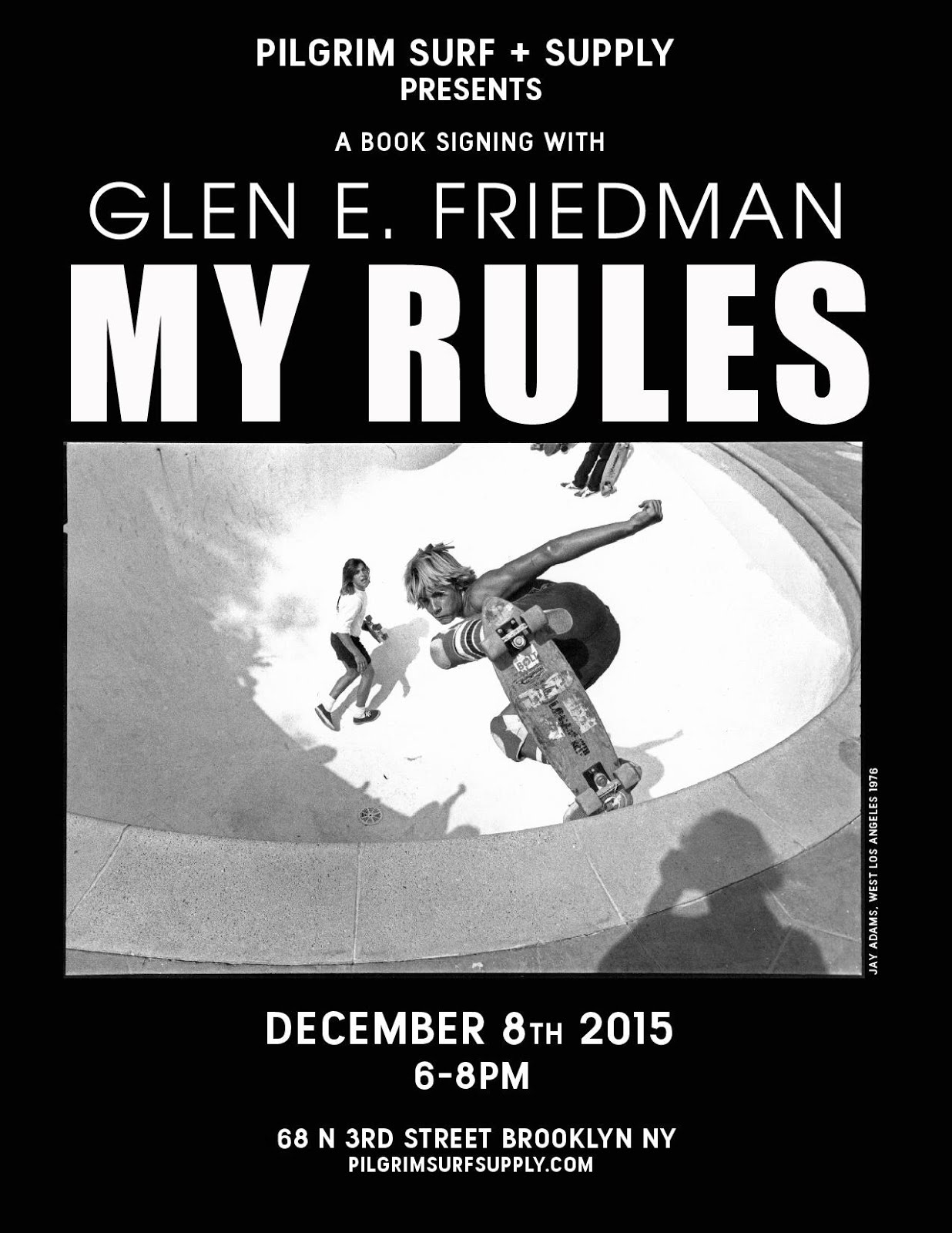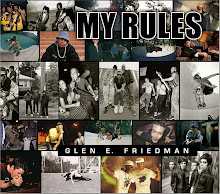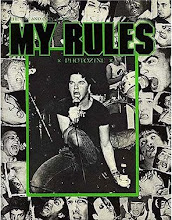from AlterNet:
As our political system sputters, a wave of innovative thinking and bold experimentation is quietly sweeping away outmoded economic models. In New Economic Visions, a special five-part AlterNet series edited by economics editor Lynn Parramore in partnership with political economist Gar Alperovitz of the Democracy Collaborative, creative thinkers come together to explore the exciting ideas and projects that are shaping the philosophical and political vision of the movement that could take our economy back.
The problem, in a nutshell, is this: The old economic model has utterly failed us. It has destroyed our communities, our democracy, our economic security, and the planet we live on. The old industrial-age systems -- state communism, fascism, free-market capitalism -- have all let us down hard, and growing numbers of us understand that going back there isn't an option.
But we also know that transitioning to some kind of a new economy -- and, probably, a new governing model to match -- will be a civilization-wrenching process. We're having to reverse deep and ancient assumptions about how we allocate goods, labor, money, and power on a rapidly shrinking, endangered, complex, and ever more populated planet. We are bolding taking the global economy -- and all 7 billion souls who depend on it -- where no economy has ever gone before.
Right now, all we have to guide us forward are an emerging set of new values and imperatives. The new system can't incentivize economic growth for its own sake, or let monopolies form and flourish. It should be as democratic as possible, but with strong mechanisms in place that protect the common wealth and the common good. It needs to put true costs to things, and hold people accountable for their actions. Above all, it needs to be rooted in the deep satisfactions -- community, nature, family, health, creativity -- that have been the source of real human happiness for most of our species' history.
As we peer out into this future, we can catch glimmers and shadows -- the first dim outlines of things that might become part of the emerging picture over the next few decades. Within this far-ranging conversation, a few dominant themes crop up over and over again. For the final chapter in this series, we'll discuss five robust visions that are forming the conceptual bridge on which our next steps toward the future are being taken.
Small Is Beautiful
Many people imagining our next economy are swept up in the romance of a return to a localized or regionalized economy, where wealth is built by local people creatively deploying local resources to meet local needs.
Relocalization is a way to restore the autonomy, security and control that have been lost now that almost every aspect of our lives has been co-opted by big, centralized, corporate-controlled systems. By bringing everything back to a more human scale, this story argues, we'll enable people to connect with their own creativity, their communities and each other. Alienation and isolation will dissipate. We'll have more time for family and friends, really free enterprise and more satisfying work. Our money will be our own, accumulated by us and re-invested in things we value. And it'll be a serious corrective to our delusional ideas about what constitutes real wealth, too.
This vision is deeply beloved. It's front and center in both the resilience and Transition Towns movement. You hear it from foodies who extol the virtues of local food, Slow Money investors who back local banks and businesses instead of Wall Street, community gardeners, and 10 million Makers. David Korten argues that capitalism is actually the enemy of truly free markets -- the kind where anybody with ideas and initiative can make a tidy living working for herself, doing something she loves. And that kind of freedom is, very naturally, small in scale.
This vision is also seductive. It holds out the promise that if people dare to let go of what they have and reach out to the future, there's a better life waiting within their grasp -- a core piece of any effective change story. However, this model also has a few problems that haven't yet been engaged by most of its proponents, but which compromise its ability to serve as a global framework.
First: the infrastructure that will enable us to relocalize isn't thick on the ground right now. City and regional governments across the country are broke, devastated by the devaluation of their tax bases. Ironically, relocalizing may require significant federal investment -- but do we really think that the corporations that control our federal government will actually back a model that will ultimately undercut the economic and political chokehold they have on us? It seems unlikely.
Also, localization often involves trade-offs between making things efficiently -- which, in the industrial age, has meant making them in large, centralized factories -- and resilience. Making stuff locally in small batches increases resilience, and decentralizing the process means that many more people will have jobs. For example: A single factory farmer can manage thousands of acres. An organic farm might have half a dozen workers on just 20 acres.
But the fact remains that our world depends on at least a few large, complex systems (the Internet, for example) that require national or even international coordination to manage properly. Where does that coordination come from when all the power is pushed down to the regional level? Also, many of our biggest problems -- climate change, damage to the oceans, loss of species, the threat of epidemics and extreme weather events -- also require a larger and more coordinated response than any one city or region can mount. In a relocalized world, who has the authority to manage these problems?
Furthermore, what becomes of our currently high national and global standards on things like civil rights, infrastructure codes and the environment when all the power is devolved to local governments? Some places will no doubt forge ahead and raise the bar even further, but it's not hard to imagine that quite a few others will be all too glad to get back to oppressing their minorities and raping the land.
These are questions that few theorists, so far, have addressed, but it's possible they may be answered in time. A lot of the people doing the best work on relocalization right now are young, and the new enterprises they're building are untried and new. As they grow in skill and experience, and their trust in these structures grows, they may find ways to start scaling up.
Marx 2.0
Another group of theorists are updating Marx for the 21st century, proffering models that put both control and profit of enterprises into the workers' hands. In some of these, workers are also owners, with a full stake in the success or failure of the business. In others (such as the one proposed by philosopher David Schwiekart, which was based on Yugoslavia's industrial policy), the state is the owner and primary investor in the business. The workers lease the means of production, run the business, return some of the proceeds to the government, and distribute the rest of the profit between themselves.
Ironically, most of these schemes share capitalism's biggest flaw, which is its inherent reliance on growth. As a business owner, it's very hard to say, "We're big enough now. Let's stop here." (Though some, like Patagonia founder Yvon Chouinard, have done just that.) Most businesses have competitors who, if they're allowed to get bigger than you, will swallow you whole. If you don't stay big enough to compete, you don't survive -- and since the competitors are facing the same imperative, the race can never really end.
As noted, this kind of constant growth simply isn't sustainable on a finite planet. People will always trade -- it's an essential human activity -- but going forward, we need small-scale businesses that can stay happy and healthy without being pushed to grow. Worker ownership doesn't really address this problem, though relocalization, which roots businesses deeply in their own local markets, limiting their reach beyond those boundaries, may provide one natural brake on growth.
For many large and necessary enterprises (utilities; essential centralized manufacturing; big, capital-intensive tech industries; and so on) public ownership may be the only way to ensure that they grow no bigger than they need to be to fulfill their mission. If there are other solutions that will allow us to have complex enterprises minus the growth imperative, they're still lurking out beyond the horizon.
Systems Theory
One of the great breakthroughs in human understanding over the past 40 years has been the realization that all complex systems -- economic, political, biological, mechanical, environmental, or social -- behave according to a simple set of common principles. The rules that govern the behavior of one set of systems usually apply to other kinds of systems as well.
For example, much of what we've learned about how ecosystems work is now informing new thinking about the economy. Successful enterprises don't exist in a vacuum. They only thrive in interdependent communities of customers, suppliers, investors, employees, and related businesses. The most economically productive places -- for example, Silicon Valley -- are as dense in these interrelationships as old-growth forests are. This complex landscape allows for endless combinations of new interactions, which in turn leads to constant, easy, productive innovation. At the same time: these ecosystems are every bit as susceptible to thoughtless disruption when some critical element is disturbed.
This new awareness of the intense interdependence within healthy economies undercuts the "rugged individualist/self-made man" story that undergirds conservative economics. Seeing the world in systems makes it abundantly clear that no individual or enterprise ever succeeds on its own, or that one business alone can bring about the kind of change we need. Fostering healthy economies is the work of generations, and thanks to systems theory, we understand more about how to build them than we ever did before.
A World Like the Web
A related framework, which is being driven by technologists rather than economists, posits that economic systems like capitalism, fascism and communism all belong to an industrial age that's now passing. In the old era, we saw the world through the metaphor of the machine. Our systems were static piles of unchanging parts that you designed, defined, tinkered with, and deployed toward a desired result.
This framework argues that our transition to the Information Age (which includes not just the Internet revolution, but other technologies like nanotech, biotech, 3D printing, and so on; and which will be playing out through the rest of this century, at minimum) will require us to rearrange our economic and political orders to more closely fit the Internet metaphor. Closely related to this are emerging human-centered economic models, like behavioral economics, which jettison the mechanistic "rational actor" assumption for a more nuanced and organic understanding of how human decision-making actually works.
In these models, the economy is seen as a series of simultaneously interrelated and self-sufficient nodes, each embedded in a complex matrix of relationships that are redundant and self-healing. These could easily be strong regional economies based on natural bioregional boundaries, which are then bound together in a tight global network that fosters robust trade in goods and ideas. The foundation of capital is ideas and information -- resources that don't deplete the physical wealth of the planet. Membership in the network increases scalability and adds extra layers of resilience.
This model also implies big changes in governance. It demands new constitutions that push control down to the local level, while also integrating these regional governments into the global network. If political power can move like the Internet, we might get the best of both worlds: the small-is-beautiful dream embedded in so many of the current alternative models, plus a genuine global governance structure that's capable of getting its arms around our biggest and most universal problems (like, say, managing the global commons, creating needed accountability, or intervening collectively when one regional node has a crisis of some kind). These new governments would also establish a raft of new rights and privileges, updated for this age.
It's implicitly understood that this leap will facilitate global investment in new infrastructure that will, in turn, enable the next advance in the complexity of human systems. Technology has introduced a deep-level paradigm shift that is rapidly destroying the current order, while also providing the ontological map that shows how the distribution of power, money, organization, governance, and control should play out in the next one.
Reform, Revolution, and Evolution
All of the above discussions are also being informed by an evolving understanding of how transformative social change happens.
As long as most people assume that market capitalism is sustainable, they'll focus on reforming it -- cleaning it up around the edges, rewriting regulations, making it work in the public interest, and so on. Many Americans, in fact, still hope that this is all it will take-- that technology, political reform and market forces, working in some magic combination, will be enough to save us from ourselves.
Others among us are holding out for a full-on revolution that overthrows the whole system in one massive push, clearing the way for something entirely new. Revolutions are tricky, though: historically, a lot of them have gone sideways when the revolutionaries couldn't hang on through the chaotic aftermath of what they'd wrought. They often get swept away by some other force that's better organized, and thus better equipped to step in and take over. Anything can happen in the wake of a revolution, and all too often, it's not the thing you hoped for.
Gar Alperovitz offers "evolutionary reconstruction" as a better alternative to either reform or revolution. Visionaries from Gandhi to Buckminster Fuller have agreed with him. This model focuses our change energy on building new parallel institutions that will, in time, supplant the old ones. Don't fight the existing system, this strategy argues. Instead, just sidestep it entirely and create a new one. As the old system collapses under its own decay, yours will gradually fill in the gaps until it becomes the new dominant paradigm.
America's right wing has used this model very successfully to take control of our culture over the past 40 years. Starting in the 1970s, they invested in a wide range of parallel education systems, media outlets, professional organizations, government watchdog groups, and so on. These groups groomed a new generation of leaders, while also developing the intellectual, policy and cultural basis for the change they wanted to create. As time passed, they took advantage of opportunities to insert people and ideas from these alternative institutions into the mainstream ones. The result was that 90 percent of the conservative revolution took place almost entirely under the radar of most Americans. One day, we simply looked up to find them in charge of everything that mattered.
We lost the country this way. And we are well on our way to getting it back this way, too. As we steadily, carefully build a new set of enterprises, the new reality will inevitably and naturally take shape around us. There's nothing stopping us from starting co-ops or worker-owned businesses or triple-bottom-line corporations; we can do all of that today, in full faith that these businesses will be far better adapted to the future than the old capitalist forms we're seeking to supplant. In time, these structures will become the new normal, and people will barely remember that we ever did it any other way.
Sara Robinson, MS, APF is a social futurist and the editor of AlterNet's Vision page. Follow her on Twitter, or subscribe to AlterNet's Vision newsletter for weekly updates.



